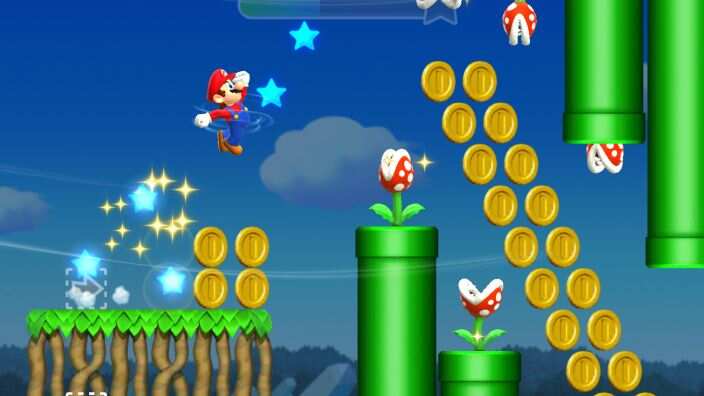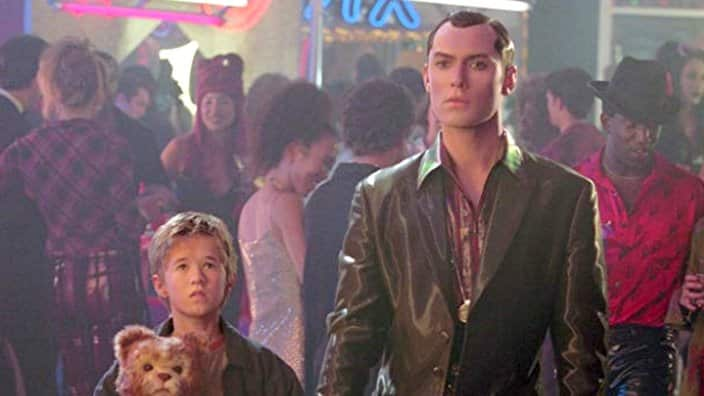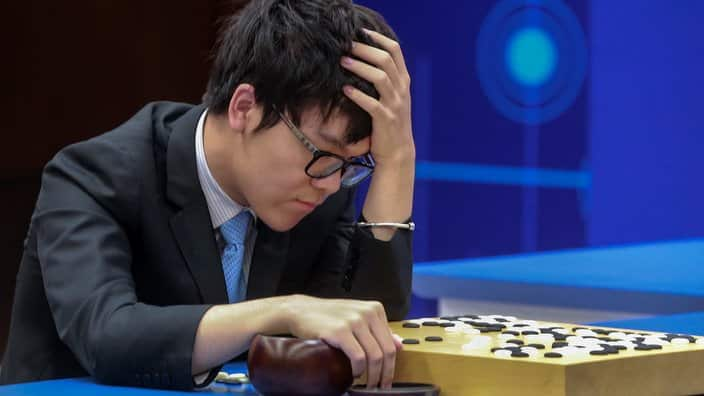Melbourne-based researchers are "educating" Artificial Intelligence (AI) machines by getting them to play video games before sending them out in the real world.
"Learning to solve video-games – for example, getting Mario to navigate levels through Super Mario - is very similar to teaching robots to navigate a house or other physical environments," says Dr Fabio Zambetta, Associate Professor at the School of Computer Science & IT at RMIT University in Melbourne.
The approach is similar to one that uses games to teach humans how to perform tasks – like in children's early education, or in learning how to play a sport.
"Think about tennis," says Zambetta. "Before you actually become a competent player, a coach teaches you, in isolation, how to perform every single shot. After every single skill is learned, coaches try to chain all the tasks together."
The same thing is now being done with AI. "By solving games, an AI learns every single task in isolation, and then we try to spin them up in the real world, combining them all together."
"By solving games, an AI learns every single task in isolation, and then we try to spin them up in the real world, combining them all together."

Super Mario Source: Megapixel
According to Dr Zambetta, video-games like Super Mario or older Atari retro-style games possess many similar properties to the problems posed by modern robotics.
"It is the closest match to solving those problems without being in the physical world," he says. "It is a stepping stone to develop techniques to teach robots, self-driving cars or planes to actually get to targets, to move around and to do the right things in the real world."
But how intelligent is Artificial Intelligence?
Can an AI's ability to learn tasks and apply them to new contexts make it as smart as a human being?
"We are not developing Blade Runner characters." says Dr Mariarosaria Taddeo, Research Fellow at the Oxford Internet Institute and Deputy Director of the Digital Ethics Lab at the University of Oxford. According to Dr Taddeo, on a scale with a pocket calculator on one end and Blade Runner's humanoid sentient androids on the other, our present AI is significantly closer to the pocket calculator.
According to Dr Taddeo, on a scale with a pocket calculator on one end and Blade Runner's humanoid sentient androids on the other, our present AI is significantly closer to the pocket calculator.

American actress Daryl Hannah, as the replicant Pris, holding a broken doll in a scene from Ridley Scott's futuristic thriller 'Blade Runner', 1982. Source: Moviepix
"We are developing machines that are very efficient at one task but not at other tasks", she says.
Taddeo says that 'learning' for a machine is not the same thing as 'learning' for a human being.
"We are not talking about an evolutionary process for machine learning. Machine learning is a very high-level form of statistics and, at the same time, a very basic level of learning compared to the human one".
According to Dr Taddeo, we are developing deeply sophisticated and efficient machines but not forms of human-like intelligence.
"The type of intelligence we are developing is not even remotely close to the human intelligence, to the kind of intuitions, emotions, desires, and aspirations that the human mind has."

Jude Law and Haley Joel Osment in A.I. Source: Imdb/Warner Bros/DreamWorks
The machines are learning, slowly
"Machine Learning is one but many areas of AI and we have not seen the same level of breakthrough in those other areas of the discipline," RMIT's Zambetta says.
According to Taddeo, some of the most impressive developments in machine learning happened when their algorithms were applied to games, much like the current research at RMIT.
The main example is the AI called AlphaGo Zero, developed by Google-owned DeepMind Technologies.
"Alpha Go Zero was able to learn autonomously how to play the board game Go and also being successful at playing it with world champions", Dr Taddeo said. According to an October 2017 article published on Nature, AlphaGo Zero learned by itself the game without having being taught in the first place how to play.
According to an October 2017 article published on Nature, AlphaGo Zero learned by itself the game without having being taught in the first place how to play.

Chinese Go player Ke Jie reacts as he plays a match against Google's artificial intelligence program, AlphaGo. Source: CHINATOPIX
"The algorithm learned the game, understood the strategies and how to being able to become successful. It was a real breakthrough at that point and everybody was celebrating this success for AI."
Share
